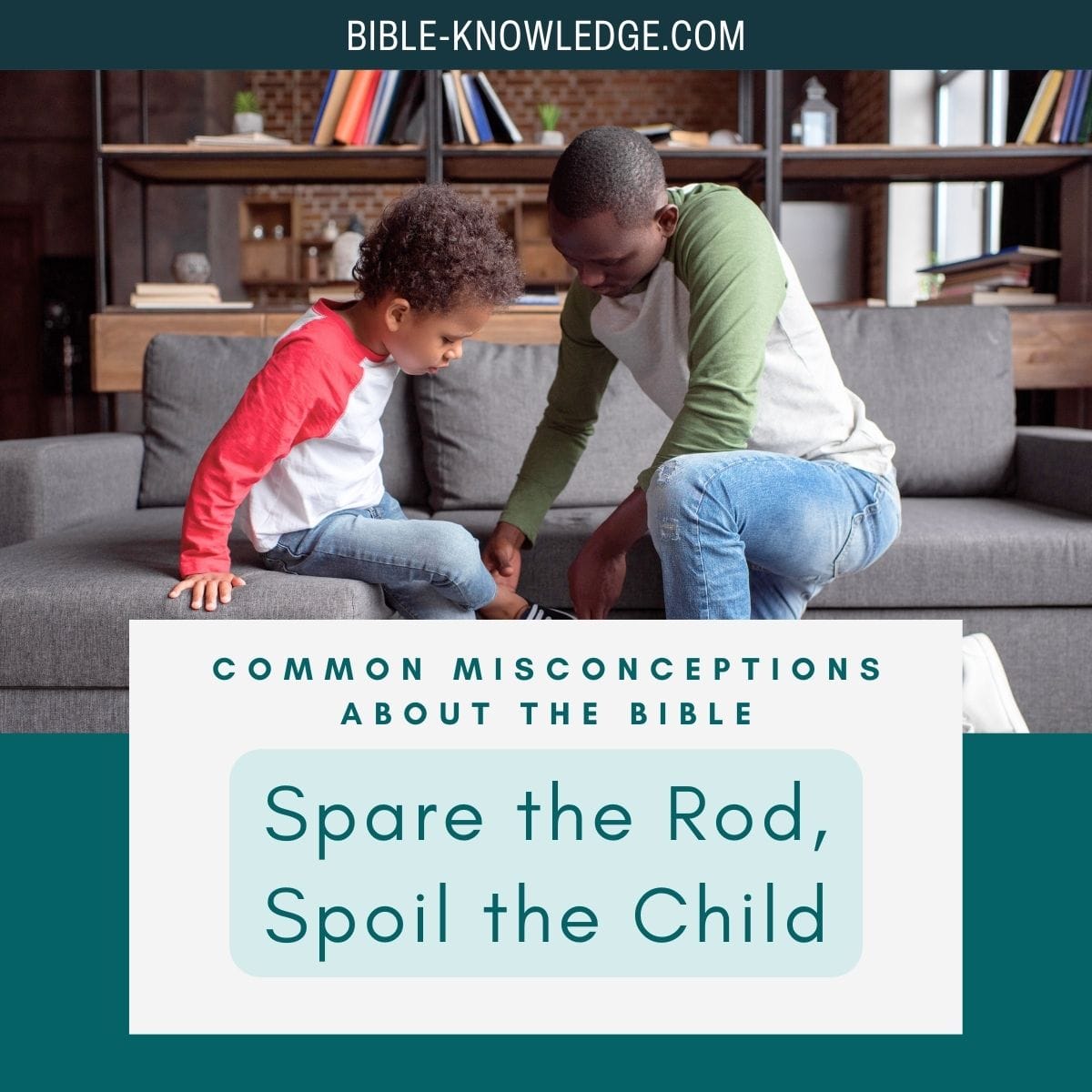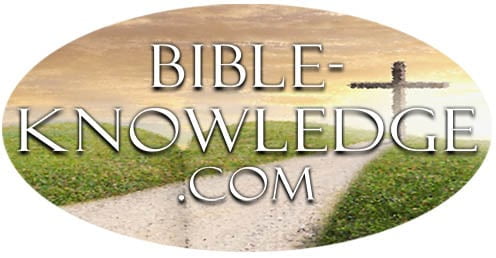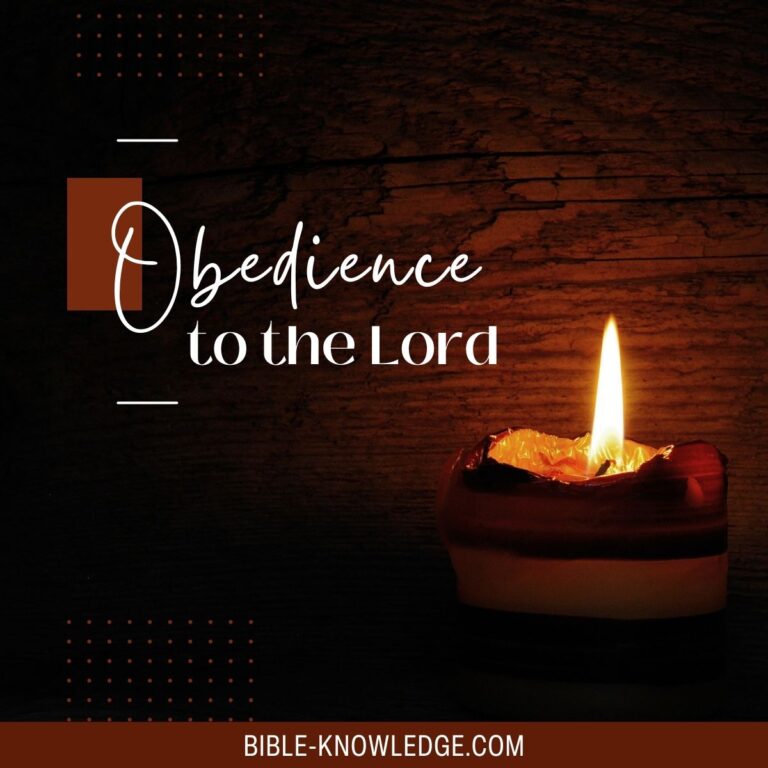“Spare the Rod, Spoil the Child” Might Not Mean What You Think.
For many generations, people have used the purported Bible saying “spare the rod, spoil the child” as a way to justify spankings and similar physical punishments.
There are a few issues with this mode of thinking; however, many people are resistant to looking into the true meaning and history of this phrase.
The first thing you need to know is that “spare the rod, spoil the child” isn’t actually in the Bible. This saying stems from Proverbs 13:24, which says,
“He who spares his rod hates his son,
But he who loves him disciplines him promptly.”
Throughout this chapter of the Bible, readers learn about wisdom and how this works together with righteousness.
Parents can look toward this as a roadmap of sorts to follow as they raise their children.

What about the rod?
You need to remember that the Bible has gone through many translations. Because of this, some of the meanings have likely been altered a bit. The instance of this passage in Proverbs is one example. In order to fully understand it, you have to know a bit about the culture of the area during the time the Book of Proverbs was written.
Shepherding was a common way of life at the time this passage was written. The Bible frequently refers to God as his follower’s shepherd. This helps to put the “rod” into the right context. While some people think that the rod is a tool for striking a child, they would be incorrect.
Instead, scholars have two primary focal points for the rod. One of these is the village that is around the child because the word used in the original Bible text was very similar to one that is translated to village. The second is that the rod is the shepherd’s staff.
What does the rod have to do with raising children?
No matter which translation you are using, the bottom line is that children need guidance. They need to be led. Shepherds use their staff to guide the sheep. While they might tap a sheep with the staff, they aren’t going to beat the sheep because that would instill fear in the sheep instead of trust.
The shepherd needs the sheep to trust them so that the animals will follow them. The sheep start to see the shepherd and his staff as their leader. This is when the shepherd is most successful because without sheep that follow, the shepherd will spend too much time chasing after errant sheep than they would leading the flock.
Children are much the same way. They can’t be left to their own devices. Instead, the parents and the trusted adults around them must do their part to help teach the kids to make good decisions. This falls primarily on the parents.
Proverbs 29:15 says:
“The rod and rebuke give wisdom,
But a child left to himself brings shame to his mother.”
You’ll notice that this passage adds rebuke to the rod. It isn’t enough to only try to guide children through life. They will have to face consequences. Too many parents try to protect their children from anything they view as harsh or negative. This won’t help the children in the long run.
Children need correction. They need to know that life isn’t always going to be fair and that they need to work for what they want and need. This must be done through love and discipline, but not physical abuse.
Discipline with love, not provocation
Parents have to ensure that they aren’t doing things just because they have the power to do them. Instead, they should use a Christlike method for disciplining their children.
Not only does this help the children to learn proper behavior, it also ensures that the parents are following biblical principles. One passage that covers this is Ephesians 6:4, which says:
“And you, fathers, do not provoke your children to wrath, but bring them up in the training and admonition of the Lord.”
Provocation is never an acceptable behavior choice for a Christian, including parents. There isn’t any reason for a parent to provoke a child to anger. It is possible that a child will become upset that they are getting into trouble; however, this is much different than provoking them to anger.
When a child gets into trouble, the primary focus can’t be punishing them. The first thing that you should do is ensure that the child knows what they did wrong and help them to formulate a plan for addressing the same issue if it comes up again.
As the child grows up, this is what will eventually lead to them having the skillset to make good choices.
Breaking the cycle of physical rods
Some adults think that because it didn’t hurt them to be hit with switches, belts, and other items that this is suitable for their own children. This mode of thinking can harm these kids. Instead of using those methods, find ones that benefit the children.
It is fully possible that harsh physical punishments will end up causing long-term for the children. They might have emotional trauma that causes problems for them throughout adulthood.
Remember, you should treat your children with the same love, grace, and correction that God uses for all of His children.
Common Misconceptions About the Bible:





How wonderful to hear this expression explained, as I often wondered about it and how Jesus could condone doing such a reprehensible thing.
Thank you indeed.